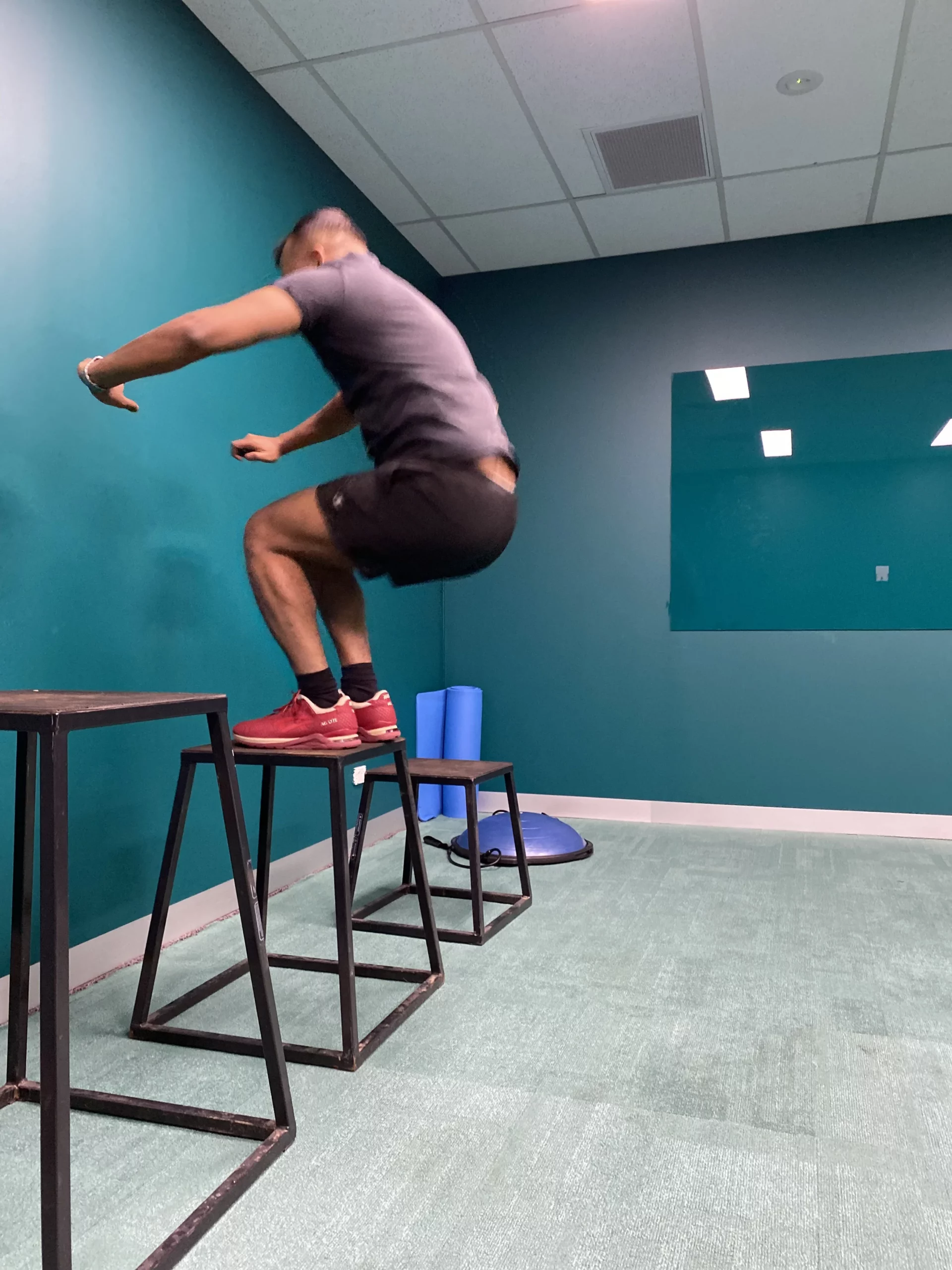
Becoming a Doctor of Physiotherapy is a rewarding and fulfilling career path for those interested in helping others improve their physical well-being. However, the education journey to becoming a Doctor of Physiotherapy can be complex and requires careful planning. At the moment Melbourne University supplies the Doctor of Physiotherapy Program. In this blog post, we will explore the education path to becoming a Physio Doctor, including the necessary qualifications, the required coursework, and the practical experience needed to succeed in this field.

It is a thrilling career path for those interested in helping others improve their physical well-being. However, the journey to becoming a DPT can be challenging and requires dedication and hard work. In this comprehensive guide, we will explore the steps and requirements to become a DPT, the skills and qualities needed for success in this field, and the various career opportunities available for DPTs. Whether you are a high school student considering a career in physiotherapy or a college graduate looking to make a career change, this guide will provide you with valuable insights and information to help you navigate your path towards becoming a DPT.
Education and Training
Undergraduate Education
- Importance of a strong foundation in science and math
- Recommended majors for aspiring DPTs
- Pre-requisite courses for DPT programs
Doctor of Physiotherapy Programs
- Overview of DPT programs
- Accreditation and program requirements
- Admission process and prerequisites
- Duration of DPT programs
Clinical Education
- Importance of clinical education in DPT programs
- Types of clinical experiences
- Requirements and expectations during clinical rotations
- Benefits of clinical education for future practice
Skills and Qualities for Success
Strong Communication Skills
- Importance of effective communication in physiotherapy
- Developing active listening skills
- Communicating with patients, colleagues, and other healthcare professionals
Empathy and Compassion
- Understanding the importance of empathy in patient care
- Developing compassion towards patients
- Building strong patient-therapist relationships
Problem-Solving and Critical Thinking
- Analyzing patient conditions and developing treatment plans
- Identifying and addressing barriers to recovery
- Incorporating evidence-based practice into decision-making
Career Opportunities
Clinical Practice
- Working in private clinics
- Employment in hospitals and rehabilitation centers
- Opportunities in sports medicine and athletic training
Research and Academia
- Pursuing research in physiotherapy
- Teaching and mentoring future DPTs
- Opportunities in academia and higher education
Specializations and Advanced Practice
- Orthopedic physiotherapy
- Neurological physiotherapy
- Pediatric physiotherapy
- Geriatric physiotherapy
Conclusion
Becoming a Doctor of Physiotherapy requires a combination of academic excellence, clinical experience, and personal qualities. By following the steps outlined in this guide and developing the necessary skills, aspiring DPTs can embark on a fulfilling and successful career in physiotherapy. Whether you choose to work in clinical practice, research, or specialize in a specific area, the field of physiotherapy offers numerous opportunities to make a positive impact on the lives of patients and contribute to their overall well-being.








